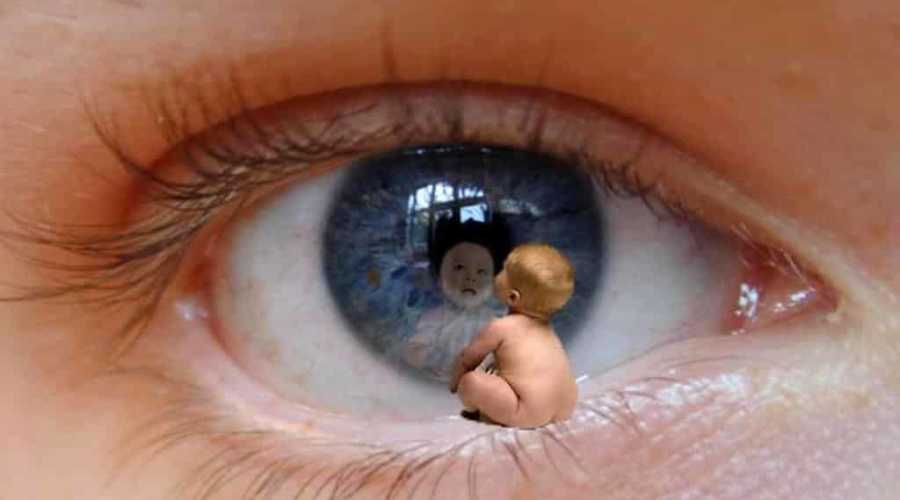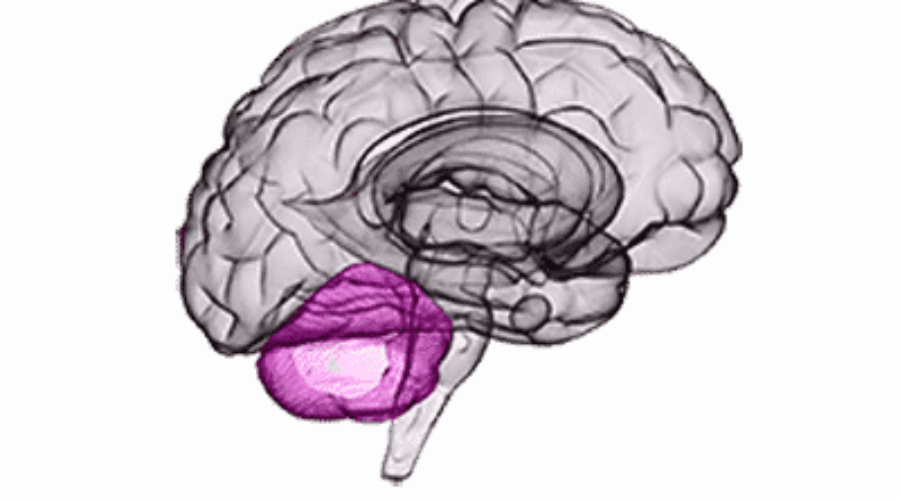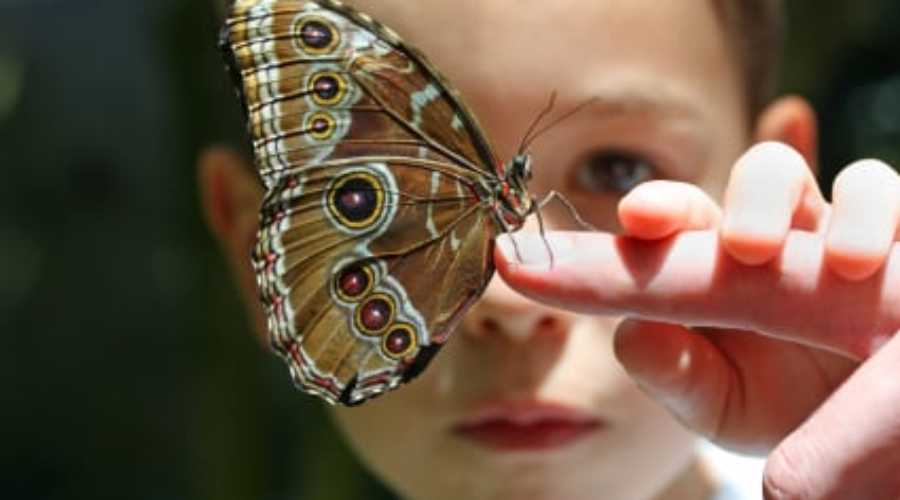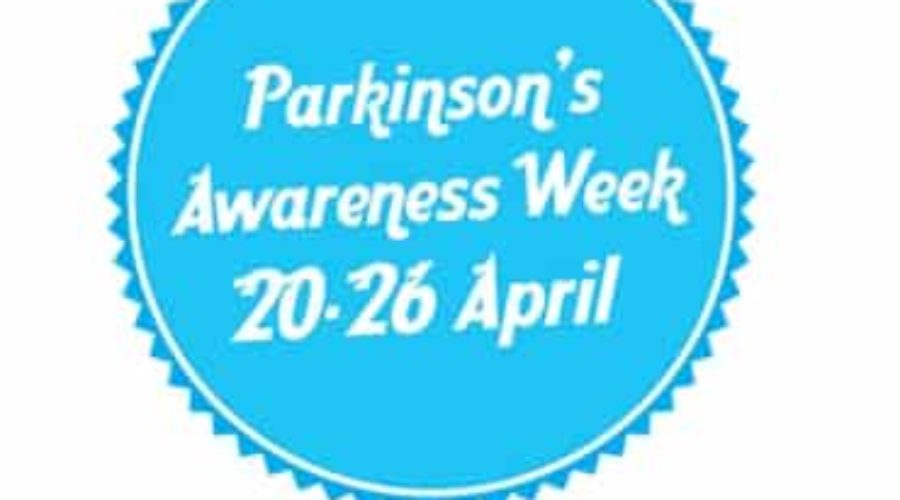The Role of Visual Processing in Neuro Physio Rehab
THE ROLE OF VISUAL PROCESSING IN NEURO PHYSIOTHERAPY REHABILITATION DEFINATION OF VISUAL PROCESSING “Visual processing, or perceptual, disorder refers to a hindered ability to make sense of information taken in through the eyes. This is different from problems involving sight or sharpness of vision. Difficulties with visual processing affect how visual information is interpreted or processed by the brain. This refers to the position of objects in space. It also refers to the ability to accurately perceive objects in space with reference to other objects”. These are the difficulties of the vision in neurological patients: Visual Discrimination Visual Closure Object […]




